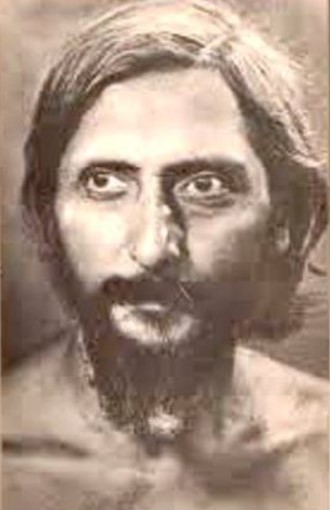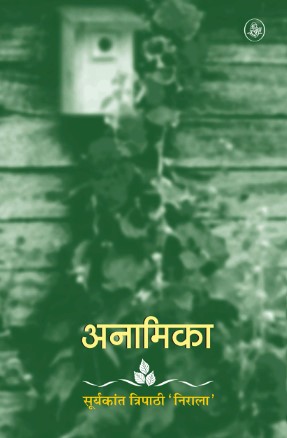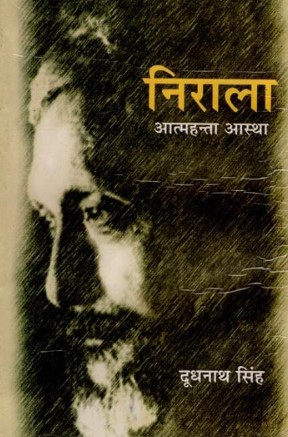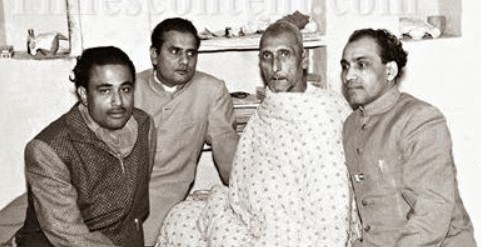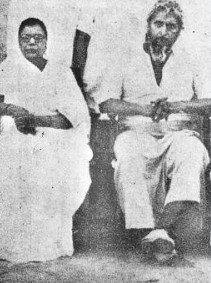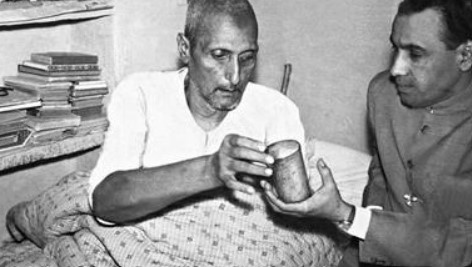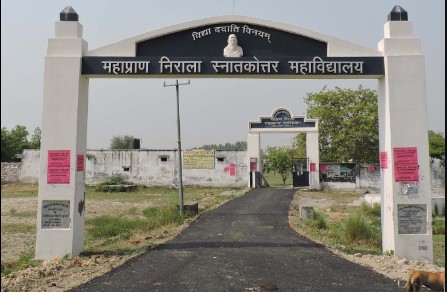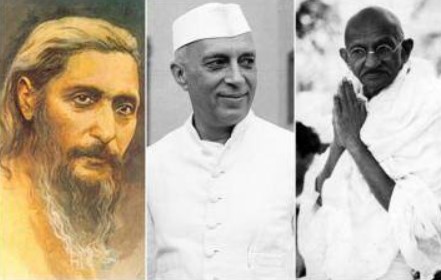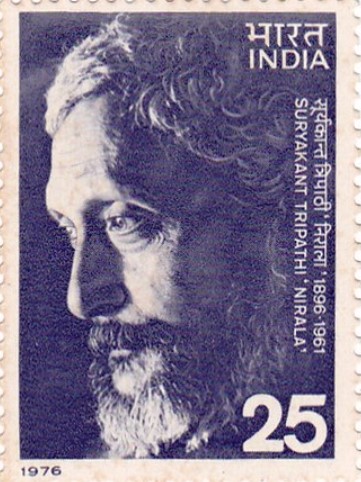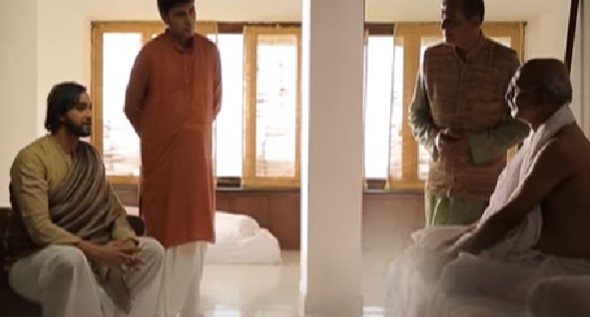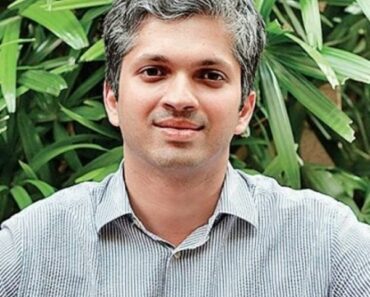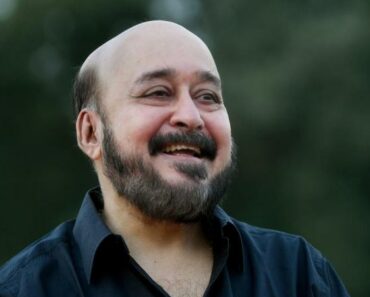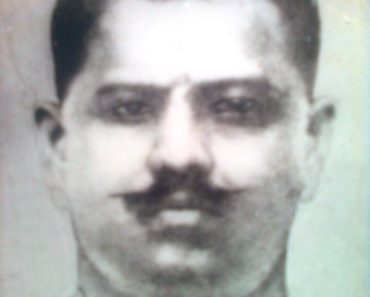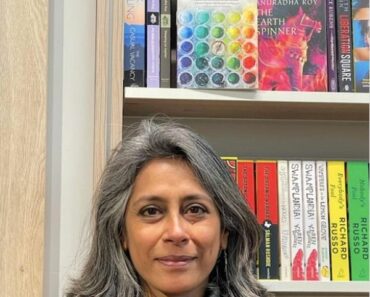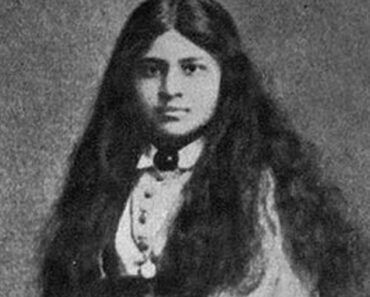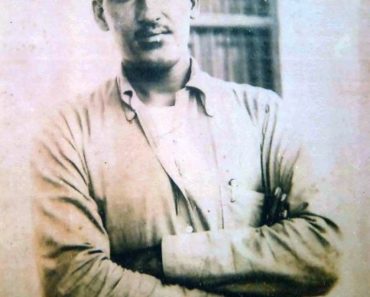Suryakant Tripathi was an Indian poet. He was a popular Hindi language novelist, essayist, and story-writer. He was a renowned sketch artist. He is best known for his compositions Saroj Smriti and Raam Ki Shaktipuja. His pen name was Nirala (unique). Nirala was one of the four pioneers of the Chhayavaad era in Hindi literature along with the other three noted poets of India Jaishankar Prasad, Sumitranandan Pant, and Mahadevi Varma.
Contents
Wiki/Biography
Suryakant Tripathi was born Surya Kumar on Sunday, 21 February 1897 (age 64 years; at the time of death) in Midnapore, Bengal Presidency, British India. [1]Skambha Org His zodiac sign was Pisces. His father belonged to a village named Gadhakola in Unnao, United Provinces; however, Suryakant was enrolled by his father in a Bengali medium school, Mahishadal Raj High School at Mahishadal, Purba in Midnapore in Bengal Presidency. During his school days, he developed a keen interest in Sanskrit and was inspired by the writings and teachings of Ramakrishna Paramhansa, Swami Vivekananda, and Rabindranath Tagore. Soon after completing his matriculation, he first moved to Lucknow, and then to his family’s ancestral village, Gadhakola in the Unnao district.
Physical Appearance
Hair Colour: Salt and Pepper
Eye Colour: Black
Family
Parents & Siblings
His father’s name is Pandit Ramsahaya Tripathi. Ramsahaya was a government constable in Mahishadal princely state, and later, earned a promotion and became Jamadar. Suryakant lost his mother in his childhood. He belonged to a very poor family and his father was the sole earner of the family.
Wife & Children
When Nirala was twenty years old, he got married to Manohara Devi. After two years of marriage, his wife passed away. The couple had a daughter named Saroj Tripathi who passed away when she was 18 years old. He had a son named Ramkrishna Tripathi. [2]Hindustan Times Reportedly, his father, wife, brother, and sister-in-law died in the Spanish flu influenza outbreak in 1918.
Career
Nirala began working as a proofreader and copy editor in the 1920s. Thereafter, he served as the editor of many renowned publications including Samanvaya and Matwala, which were published in Calcutta. Reportedly, in 1916, he published a collection of poems titled ‘Juhi ki Kali’ when he was twenty years old. It is considered one of his invincible works. According to media sources, his collection ‘Juhi ki Kali’ was the eighteenth issue of ‘Matwala.’ It is believed that in 1920, Suryakant Tripathi Nirala’s first article ‘Pronunciation of Bangabhasha’ was published in ‘Saraswati,’ which was owned by Acharya Mahavir Prasad Dwivedi. Dwivedi gave Tripathi the task to edit the magazine titled Samanvay, which was based on Shri Ramakrishna Mission. In 1923, Nirala shifted to Calcutta and his collection of poems ‘Matwala’ was published by Seth Mahadev Prasad. This collection of poems became so popular that people started calling him Matwala. His health deteriorated between the years 1926 to 1928; he spent two years in deprivation. He then published his first collection of poems ‘Anamika.’
In 1929, Suryakan Tripathi ‘Nirala’ shifted to Lucknow and joined the office of the publisher ‘Ganga Pustak Mala.’ Apart from this, he began working as an editor at a publication named ‘Sudha.’
Literary Works
Suryakant Tripathi Nirala’s noted books include Novels such as Prabhavati, Choti ki Pakad, and Nirupama; Poetry: Saroj Smriti, Parimal, Anamika and Geetika; Stories: Lily, Devi and Sukul ki Biwi; Essays: Ravindra Kavita Kannan and Prabandha Pratima; and Translation: Devi Chaudharani, Chandrasekhar, Vish Vriksh, Sri Ramkrishna Vachnamrit, and Rajyog. Later, an American novelist and translator, David Rubin translated Nirala’s several poems such as A Season on the Earth: Selected Poems of Nirala (Columbia University Press, 1977), The Return of Sarasvati: Four Hindi Poets (Oxford University Press, 1993), and Of Love and War: A Chayavad Anthology (Oxford University Press, 2005). Doodhnath Singh penned a critical analysis of his works in ‘Nirala: Aatmhanta Astha.’
Death
According to some media sources, Suryakant Tripathi spent most of his life according to bohemian tradition. Most of his compositions strongly advocated against social injustice and exploitation in society. His work earned plenty of ridicule and derision in his later life, which made him a victim of schizophrenia. Consequently, he was admitted to the Central Institute of Psychiatry, Ranchi. On 15 October 1961, Suryakant Tripathi ‘Nirala’ passed away in Allahabad, Uttar Pradesh, India.
Facts/Trivia
- Suryakant Tripathi ‘Nirala’ was also popular with the name Mahapran Nirala, Aspirant Nirala, ‘Matwala,’ ‘Kabir,’ and ‘Mastmaula.’ Some used to call him the ‘batalik’ of the cultural renaissance and the ‘rebel poet.’ [3]Aaj Tak Hindi [4]Skambha Org
- He was motivated by an eminent scholar of Hindi literature, Acharya Mahavir Prasad Dwivedi, who recognized his talent and inspired him toward writing poetry.
- Soon after his marriage, he was insisted by his wife learned Hindi. According to some media sources, Nirala learnt the Hindi language late in life, but he made rapid progress in picking up the language and began writing poetry in Hindi, instead of Bengali. He was proficient in Hindi, Bengali, Sanskrit, and English languages.
- Indian poet Mahadevi Varma used to tie Rakhi to Nirala for over forty years; he was like a brother to her. Nirala gave her the title names Modern Mira and Saraswati of the Great Temple of Hindi. Reportedly, he used to visit Mahadevi’s house on a rickshaw to tie rakhi. Mahadevi Varma once narrated a rakhi incident during a media talk, She said,
Once he came and said to me – “First lend two rupees.” I asked after giving two rupees – “Why do you want this money?” “Laughing Nirala ji said – “To give one rupee to the rickshaw driver. And one rupee to tie you a Rakhi.”
- Suryakant Tripathi ‘Nirala’ dedicated one of his noted poems Saroj Smriti to his deceased daughter Saroj who died very young. Saroj was married to Shivshekhar Dwivedi; however, after five years of her marriage, she passed away in 1935. In one of his writings, he mentioned his grieves and wrote that his near and dear ones left him very soon, and he was suffering alone due to his previous life karmas. He wrote,
I do not know what sins I had committed in my previous life that my dear mother went to heaven as soon as I was born. Then even the love of the father could not be fully realized. My wife also left me alone during puberty. He left behind a son and a daughter. The daughter also got cut off from me while attaining puberty.”
- In 1942, Suryakant Tripathi ‘Nirala’ shifted to Allahabad where he met the famous writer of Hindi literature Premchand and poets Sumitranandan Pant and Jaishankar Prasad who became his good friends. At his residence in Allahabad, he used to organise gatherings of litterateurs, poet-sammelan, and poetry-recitation meetings. In Allahabad, Suryakant Tripathi ‘Nirala’ penned poems based on issues related to social inequality such as ‘Apara,’ ‘Naya Patta,’ ‘Bela,’ ‘Archana,’ ‘Aradhana,’ ‘Geetkunj,’ and ‘Kavi Shree.’
- Reportedly, David Rubin once said in a media talk that Nirala’s poetic compositions are much better than that of other 20th-century Hindi poets.
- The government of India dedicated a park named Nirala Uddyan, an auditorium Nirala Prekshagrah, and the Mahapran Nirala Degree College in the Unnao district of Uttar Pradesh in Nirala’s memory.
- Suryakant Tripathi ‘Nirala’ was once invited to a meeting which was addressed by the then Prime Minister Jawaharlal Nehru in Allahabad (present-day Prayagraj). In his lecture, Nehru narrated a story, which referred to the life of a poet. Nehru said,
I have come from China and heard there a story of a great king who had two sons. One was wise, the other stupid. When the boys grew up into adults, the king told the stupid one that he could have his throne, for he was fit only to be a ruler. But the wise one, he said, was destined for far greater things — he would be a poet.”
Soon after finishing his sentence, Nehru took the garlands off himself and presented them to Nirala.
- In 1976, a postal stamp of twenty-five paise was issued by the Postal department of India in his name to honour Suryakant Tripathi’s contribution to Hindi literature.
- In 2017, a short documentary film titled Suryakant Tripathi Nirala was produced by the Films Division of India in his name, and the film was directed by Rajiv Kumar. The film covered the major works and achievements of Suryakan Tripathi.
References
| ↑1, ↑4 | Skambha Org |
|---|---|
| ↑2 | Hindustan Times |
| ↑3 | Aaj Tak Hindi |

